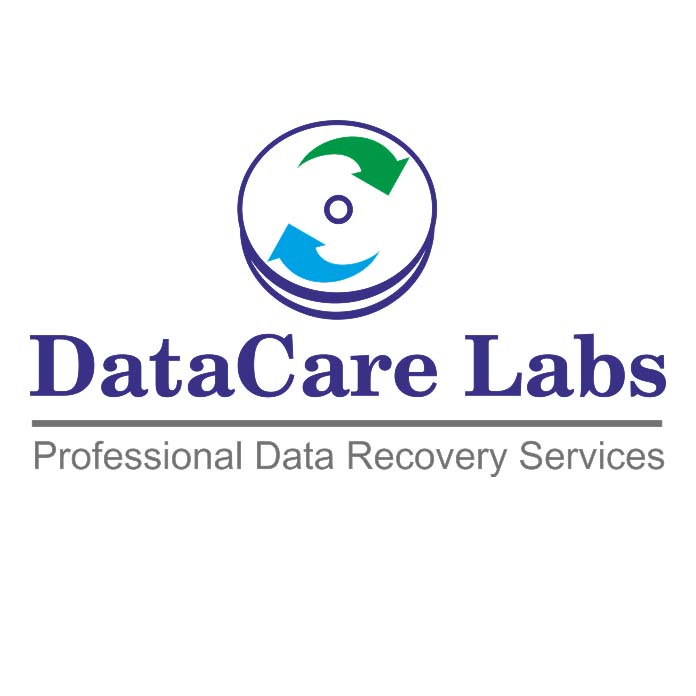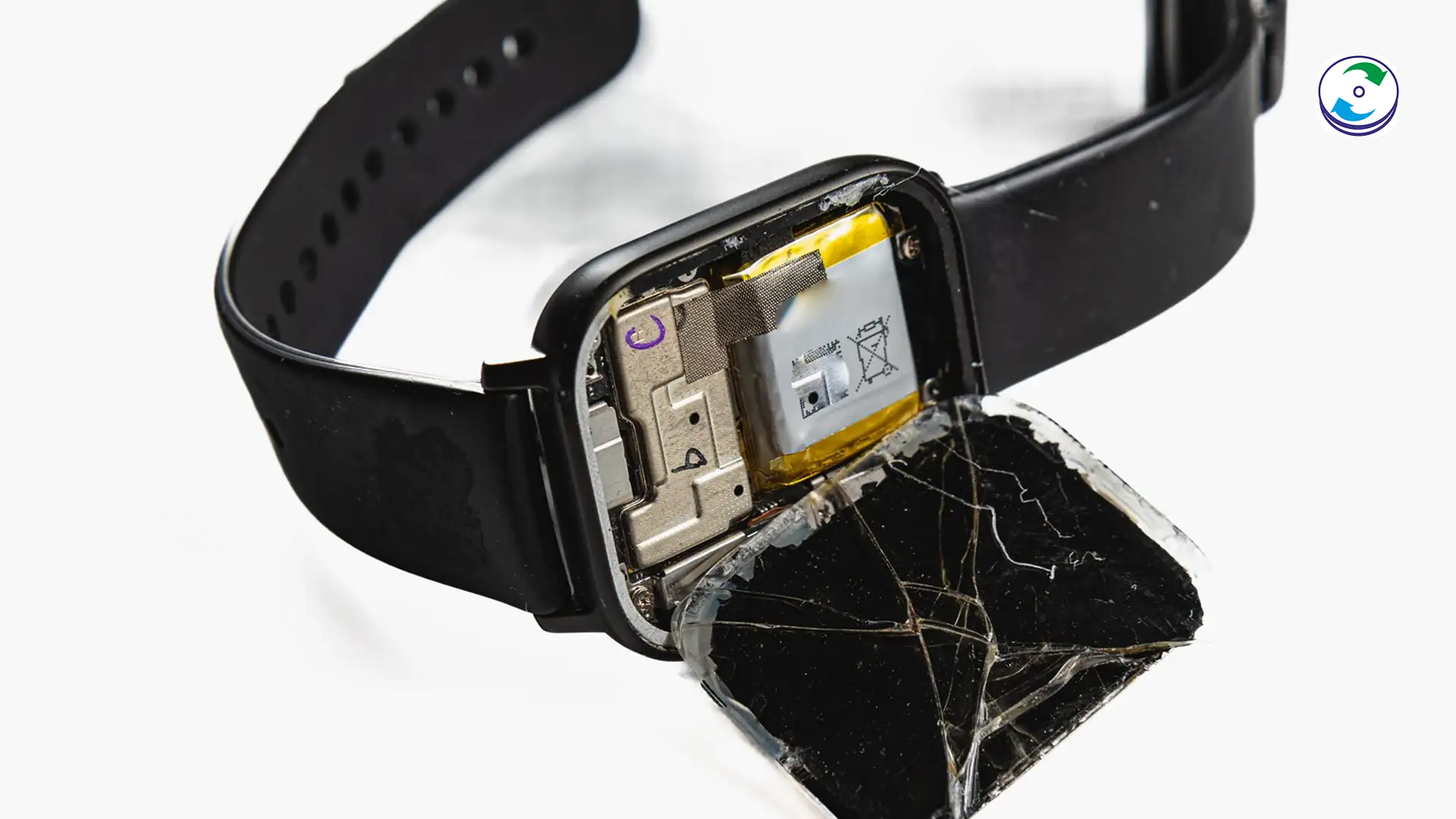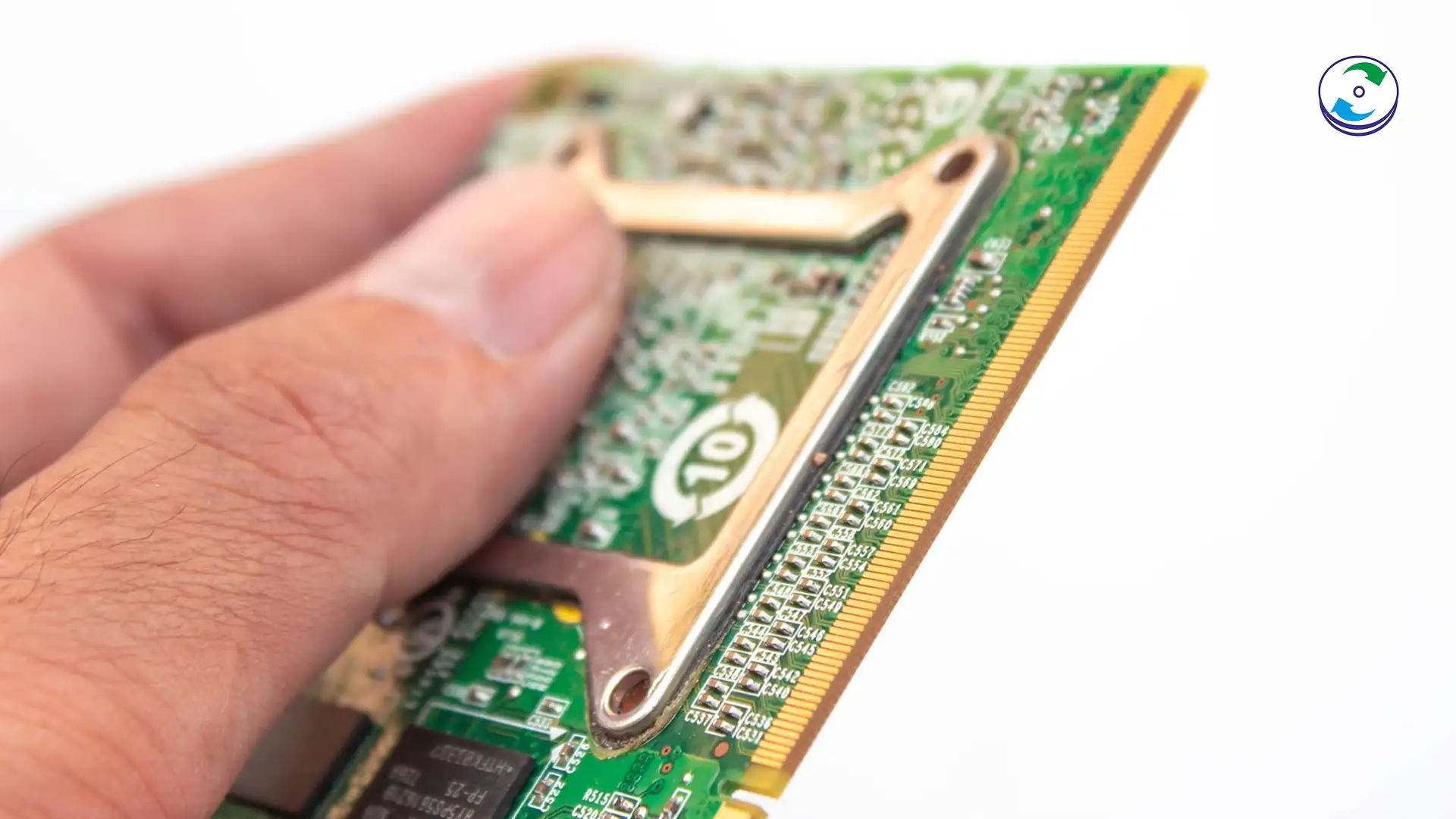The Ultimate Guide to Backups: How to Protect Your Data from a Hard Drive Crash in Toronto

Introduction
In the fast-paced life of Toronto, data is everywhere. It’s on your computer, your external hard drive, your NAS, and in the cloud. It’s the photos of your family vacation, the financial records for your small business, and the creative projects you’ve poured countless hours into. We all rely on technology to keep our data safe, but what happens when that technology fails? A hard drive crash is one of the most common and devastating ways to lose everything.
The hard truth is that every hard drive will fail eventually. It’s not a matter of if, but when. The only way to guarantee the safety of your data is to be proactive and create a robust backup strategy. For a city as dynamic and reliant on technology as Toronto, having a solid plan in place is not just a good idea—it’s an absolute necessity. This ultimate guide will walk you through the simplest and most effective backup strategies and show you how to protect your digital life from an inevitable crash.
The Hard Truth: All Storage Media Will Eventually Fail
Hard drives, solid-state drives, memory cards—all storage media have a finite lifespan. They can fail for a variety of reasons:
-
Physical Failure: This includes a head crash, motor failure, or a drop that physically damages the drive’s internal components.
-
Logical Corruption: This occurs when the file system becomes corrupted due to a software bug, an unclean shutdown, or a virus.
-
Electrical Failure: A power surge or a faulty power supply can fry the drive’s circuit board.
-
Aging: Even a perfectly cared-for drive will eventually wear out.
When any of these things happen, your data becomes trapped and inaccessible. Waiting for a disaster to strike before thinking about a backup is a gamble that no one should take.
The Golden Rule of Backups: The 3-2-1 Strategy
The industry standard for a robust, resilient backup plan is the 3-2-1 rule. It’s a simple, easy-to-remember strategy that provides layers of protection against almost any data loss scenario.
-
3 Copies of Your Data: You should always have at least three copies of your data: the original copy on your computer, and two separate backup copies.
-
2 Different Media Types: Store your data on at least two different types of storage media. For example, a copy on an external hard drive and another on cloud storage. This protects you from a single type of media failure (e.g., a batch of hard drives with the same manufacturing defect).
-
1 Off-Site Copy: Keep at least one copy of your data stored in a different physical location than your computer. This protects your data from a site-specific disaster like a fire, flood, or theft. Cloud storage is a perfect solution for an off-site copy.
Following this rule ensures that even if one of your backups fails, you will always have another copy available.
Your Backup Options for a Toronto Lifestyle
Living in a busy city like Toronto, your backup solutions need to be convenient and reliable. Here are some options that fit into a modern, fast-paced lifestyle:
-
External Hard Drives: These are a great option for a fast, local backup. You can plug it in, run a quick backup, and unplug it. For students in the Entertainment District or professionals in Midtown, it’s a simple and effective solution for a physical copy.
-
Network Attached Storage (NAS): A NAS is a smart, powerful solution for a small business or a family with multiple computers. It’s a device that sits on your network and acts as a central repository for all your backups. It’s an excellent choice for a dedicated “off-site” or in-house backup.
-
Cloud Storage: This is the most convenient and modern solution for the “off-site” copy of your data. Services like Google Drive, Dropbox, iCloud, or OneDrive automatically sync your files to the cloud, ensuring your data is safe even if something happens to your home. For a seamless backup in Toronto, cloud storage is a no-brainer.
What to Do When a Hard Drive Crash Happens Anyway
Even with the best backup plan, a hard drive crash can still be a terrifying experience. Maybe your last backup was a week ago, and you lost critical new files. Maybe the backup itself was corrupted. This is when your preventative strategy transitions into a recovery emergency.
Your actions from this moment are crucial:
-
Do NOT try to run software on a physically damaged drive.
-
Do NOT try to open the drive yourself.
-
Do NOT attempt to run DIY fixes found online.
These actions can cause further, irreversible damage. The only safe and effective course of action is to contact a professional data recovery service.
When Prevention Fails: Our Professional Data Recovery in Toronto
At DataCare Labs, we specialize in helping individuals and businesses in Toronto when a hard drive crash threatens their digital lives. We understand that even the most prepared people can lose data, and we are here to help.
-
Free Pickup-Drop Service: For anyone in the Greater Toronto Area, we offer a free pickup-drop service for your device. A courier will collect your failed hard drive directly from you, saving you the hassle of navigating the city with a fragile device.
-
“No Data, No Charges” Policy: We stand by our work. Our promise is simple: if we can’t recover your data, you don’t pay. This policy gives you a completely risk-free path to a professional solution.
Conclusion: Don’t Let a Crash Steal Your Data
A hard drive crash is a harsh reality, but data loss is not an inevitability. By investing a little time and effort into a robust backup strategy, you can protect yourself from almost any data loss scenario. Start backing up today! And if a disaster does strike and you find yourself needing to recover lost files, remember that DataCare Labs is your trusted partner for professional, risk-free data recovery in Toronto.












